Charles Pakana (Victorian Aboriginal News):
Throughout 2023, Thomas Mayo became well known right across Australia as one of the main leaders in the campaign for the Yes vote for what would have hopefully been a constitutionally enshrined First Nations Voice to Parliament. It’s now been nearly four months since that referendum and we’ve caught up once again with Thomas, who appeared quite regularly on the precursor to the VAN Talks podcast, The Referendum ‘23 Tapes. Thomas, thanks for joining us once again on Victorian Aboriginal News the VAN Talks podcast.
Thomas Mayo:
Thanks brother. It’s good to be here again.
Charles:
So Thomas, after the referendum we saw an enormous number of support groups asking the question where to from here. Now you’ve been at the forefront for six years, carrying around that beautiful document. You’ve been full time campaigning around the country, been in the media, been doing presentations. Now people are still looking to you for that leadership and guidance. So whether you want it or not, you’re in that position.
From your perspective, what is your response to that question of where to from here and this is to Aboriginal and non-Aboriginal people, brother.
Thomas:
Well, I think the first thing is that no wasn’t a no to progress, you know, It was no to enshrining a voice in the Constitution. And you know, that was a very disappointing result. But we need to continue to fight for justice, and justice is the word. It’s well overdue. We need the 6 million people that voted yes and all of those wonderful people that volunteered to continue their solidarity and to get louder and prouder about it.
Charles:
What is justice though? You mentioned that word you mentioned a couple of times there. But in real terms, what does justice mean? We thought before it was going to be the Voice, the first stage. What specifically should we be fighting for?
Thomas:
The Voice was only ever a path to justice. Justice is a nation that no longer has a gap between Indigenous and non Indigenous people in life expectancy and health outcomes and education outcomes and all the rest. Incarceration rates.
That’s what justice means. It means equity in that regard. It means more control over our land, the ability to decide what happens on Country, to revitalise our languages and to speak them proudly and practice our culture proudly, but also to see a nation that celebrates the foundation that is Indigenous culture and heritage. And there’s many ways to define justice. But think the summary is a nation where there is no more gaps, where you know, we enjoy a full and healthy life and our children have as much of a future as anyone else.
Charles:
What would you say though, to those people, a lot of those non Aboriginal supporters who came out in their tens of thousands, during the campaign for the Voice to Parliament, for the referendum? What would you say to them, to those who are now feeling well, they’re feeling weakened, they’re experiencing what our people have felt for so long, for the first time really. But what do they do from now?
Do they join reconciliation groups? Do they start up their own initiatives? Do they work with local Aboriginal communities? What are some calls to action that you’d like to put out there?
Thomas:
Well, they do all of those things and Truth Telling as well. Not only Truth Telling about the past and that continues to be really important, but Truth Telling about what happened in 2023. It’s important that none of the politicians that were so dishonest to the Australian public throughout that are ever rewarded for that dishonesty. Peter Dutton, Senator Price.
You know, leading people to think that they were going to lose something if the referendum got up, an absolute disgrace and they should never be rewarded. So speak your truth. I think that’s in organisations, Reconciliation Action Plans are still important. They’re a form of commitment. They, you know, in those commitments can be Truth Telling. It is a way of getting things done. So I encourage that to continue. Those are just some simple things that people can do.
Charles:
You mentioned politicians and recently politicians have been back in the limelight, especially here in Victoria where on Aboriginal Sunday, the Sunday before the 26th of January, the leader of the National Party, Peter Walsh, announced on of all media outlets, Sky News. There’s a surprise for you… that the Victorian Coalition was actually back flipping on its previously stated support for Treaty in this state.
Now this was preceded by statements in NSW and the Northern Territory where the opposition was seemingly getting a little bit strong and cocky after its result in October and they were turning their back on Treaty. It does seem that the support for Voice, Treaty and Truth is being subjected to an even greater level of negativity from the right wing, from the conservative media, from the conservative politicians. What concerns do you have on this and what thoughts do you have on this?
Thomas:
It is a sad truth that the people that pushed for a no result have taken it as a mandate that there should be no progress. And that’s why it was the first thing that I said and in no way was that result a mandate for them to fight against any progress. And actually they’re actually fighting for regression in Indigenous affairs to take us back even further. And the reneging of support for Treaty is just one instance of that.
I think that’s a concern, but I’m just as concerned to feel that progressive politicians, progressive people have also held back a bit since because of this, the attacks that are happening from the likes of Peter Dutton, we should be as loud, as proud as ever.
We should not hold back because of them and I think that we should… those politicians, those leaders should have the debate that this was not a mandate to do nothing. The people in the No side argued about practical reforms or they should get out of the way because all they’re trying to do is stop practical changes to improve the lives of Indigenous people.
Charles:
So these are the practical reforms that people such as David Littleproud and Jacinta Price and others were stating. We need to see solutions on the ground. Is that right?
Thomas:
Well, any any success that Indigenous people have, they’re using as a fear mongering opportunity. So when mob are able to get some land back or anything like that they’re blowing it up in the in the papers as if this huge land grab that everybody should be you know watching their backyards because of things like the result in the Tiwis. You know where there was some success in from the Tiwi mob there, they’re using that to try and say that Indigenous people are getting too much power.
When the fact is that we remain with far less power than we deserve. It’s fair that Indigenous people have a say about what happens on their land. It’s fair that we have measures taken to be able to get better health care outcomes and all the rest, and that’s what they’re continuing to fight against and trying to make worse.
Charles:
Yeah, it’s an unfortunate reality. We are seeing here in Victoria clear instances of that. For example, in that interview I mentioned before with Peter Walsh on Sky News, I believe he mentioned something about that Native Title was causing an essential block to plans by the government to establish much needed housing to relieve the rental and housing crisis here in Victoria.
So I do, I hear where you’re coming from now. You were a member of the Referendum Working Group. You and various others were advising the Prime Minister and the government on the steps forward prior to the referendum. What’s happening with that Referendum Working Group now? What involvement do you have with that level of people?
Thomas:
The Referendum Working Group finished up some time ago once we’d done our our work to determine what the words would be and and other details around the referendum. So yeah, that group has been disbanded. But I know that, you know, all of those great people that were on it that have done decades of work, you know, much more advocacy than me over the years, continue to advocate, continue to do the hard work.
And I saw that, you know, almost immediately after the referendum because I think it’s important to keep in mind that this is less of a choice for us, but more of a responsibility and an obligation. Because when we’re fighting for our rights, when we’re fighting for justice, we’re fighting for our family and our community. You know, it’s about our blood and it’s about our ancestors.
Charles:
You also mentioned, I believe, and I’m not quite sure, I can’t attribute this article, but I did see somewhere briefly in a search that you called after the referendum or stated that you would like to see the Voice legislated. Is that correct? Did I read that?
Thomas:
Well, I think all I said there, and I, you know, as the media tends to do, they put it as if I’m demanding something. But all I suggested was that the logic that we argued about listening to Indigenous people before you make decisions about them and setting up a formal structure that is able to do that, you know, resourced proper processes, elections of people.
So it’s a genuine authority speaking on, you know, in representing Indigenous people. That is still a logical thing to do. It is still common sense. It’s still an evidenced way of improving things. So the coalition and the No campaign basically argued that they would support a legislated voice. And the issue was enshrining the voice in the constitution.
Yeah. But as soon as the referendum was lost, they said that they wouldn’t support a legislated Voice either. It’s just a political play for them. That’s all people need to keep in mind when you hear anything out of Peter Dutton’s coalition when it comes to Indigenous affairs, they’ve proved what they’re all about. But a Voice, a legislative Voice, would be a smart thing to do.
Charles:
Do you think there are any chances of it happening with the current government and the current climate?
Thomas:
Well, I think there’s every chance of it happening in that. In Victoria, you’ve got the Assembly in SA you’ve got a legislative voice and that state government has said they’re pushing forward with that. There are various means of doing that in other States and territories and I think it’s very possible.
But we as the people, the audience and all of your friends and family, and again those people that supported the Voice and did that work, continue that work now because we need popular support to convince governments to do what they should do for Indigenous people.
Charles:
And we’ll get to that in just a minute. One of the things that I hear in your voice now, and we heard all during the campaign and the years leading up to that, is this absolute level of calmness. You know, during the campaign, you were accused of being a communist.
You were the subject of a racist ad. You had attacks on your ancestry, death threats. You really were one of the prime focus points for all the nastiness that could possibly be manifested by the No campaign. That and more. Yet despite all that, you really did maintain this incredible level of calm. It’s something that impressed everybody. How important is maintaining that calm during ongoing campaign and advocacy?
Thomas:
It’s important because it’s all about getting that bite from us. They know that it turns off Australians if we fall into the angry black man trope. That’s what they were trying to get from me. I was able to stay calm because I knew what they were up to. That was their game. But it’s also about intimidation and I wouldn’t be intimidated by them and it’s still a game of intimidation for them.
That’s still their tactic, because the same argument that, you know, the no vote was some mandate to regress. And this attack on any progressive policy that’s talked about is about intimidating them people, you know, those people with the power to do things out of actually implementing those changes. So don’t let them intimidate you. That’s what I say to people.
Stay calm because they hate that but be logical in the way that we do things organise, organize numbers turn up to the rallies. You know, I mean we can they they have a go at you for getting riled up at a rally and all that. But that’s you know that’s what happens. You know and especially after there’s been another death in custody or or something like that. You know, we it’s OK to be angry in those places, but it’s got to be turned into action that can start to move things back our way again.
Charles:
Couldn’t agree more. Thomas, what are you up to now?
Thomas:
I’m very busy writing a book, you know. I know there’s that question about how do we continue our solidarity.
Charles:
Oh, this is book number seven mate, book seven, isn’t it?
Thomas:
It’ll be book number seven by the time it’s published, because I’ve got another one coming out in May. That’ll be number six about the Torres Strait flag published with Magabala Books and a lovely author Bernard Namok Junior. He’s the son of the guy that created the Torres Strait flag. So that’s a really, really nice children’s book. Tori-Jay Mordey is the illustrator.
But then in June I hope to have this. It’s a very tight deadline, but I’m hoping to have it ready for June publication. And it’s a book to guide people about why we need to continue solidarity and how to take action. That’s what that book is going to be about.
Charles:
Can you give us a sneak peek into some of the key strategies you might be putting forward in the book?
Thomas:
Well, one of them is familiarity. That hasn’t been mentioned in this interview yet. So one of the reasons why people were so easily misled to think the worst of us or to believe the fear mongering is because they don’t know us. Very few Australians know an Indigenous person. It was quite different to the same sex marriage plebiscite where a lot of people had an LGBTQI person in their family, that knew someone personally.
They were friends with someone. There’s only around 4% of the population that are Aboriginal and Torres Strait Islander people… and a lot of Australians don’t have a relationship with any of us and so you know, familiarity, introducing friends and family, not directly to an Indigenous person because that’s not possible of course, but all the time. But to our events, you know, to our stories, to our books.
In some ways this is Truth Telling. But I look at it as a way of inoculating people from the tactics that the No campaign used. Pearson, in his lecture in 2022 spoke about this and he said that just paraphrasing, but if success at the referendum was predicated on our popularity, it would be far too easy for someone to use this lack of knowing us against us, The negative, unfriendly, strongly held views against us.
And he said it would be like shooting fish in a barrel. Inane but easy, heartless but easy. And that’s what we would have we would have won if the opposition didn’t choose to take up that gun and shoot the fish in the barrel from a position where they’re supposed to be leaders that people look to, and they were dishonest.
Charles:
But definitely with that knowledge, with that understanding beforehand within the greater community would have been not so effective, those tactics from the conservative side, it seems.
Thomas:
Well, you know, we are going to have another opportunity like it because we’re never going to give up. As I said, yeah, we’re going to continue to march forward even though they’re trying to drag us backwards and when that opportunity comes then we need to make sure that more Australians are familiar with us so that they don’t believe the fear mongering and the disinformation that they use to turn people against us.
Charles:
Thomas, I’m going to actually finish up with quoting you from an article or an essay you recently wrote in Esquire. When you wrote and I quote ‘my message to Australians who care is to be conscious of your power, I ask that you teach your children, your friends and your family the truth of who Indigenous people are, a proud and unique culture in the world, a source of wisdom, knowledge and connection to our ancient continent.’
They’re beautiful words, and I really hope, and I’m sure you do too. But those people who hear those words and read those words in the Esquire essay, take heed, Thomas. Thank you so much indeed. And I know we will be speaking again and I look forward to reading Book number 7 about what can be done in the future.
Thomas:
Thanks a lot Charles. Really appreciate the yarn.


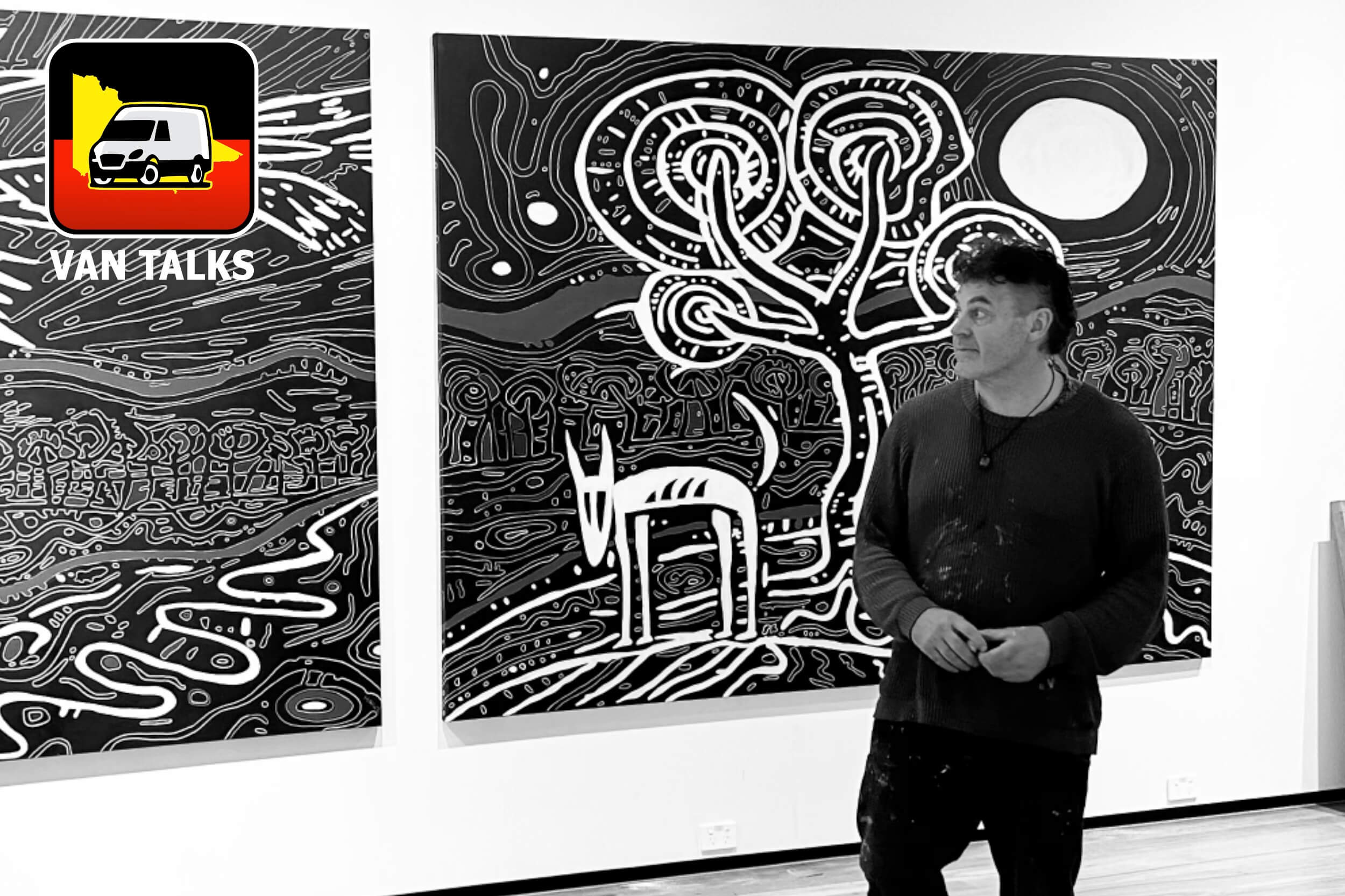
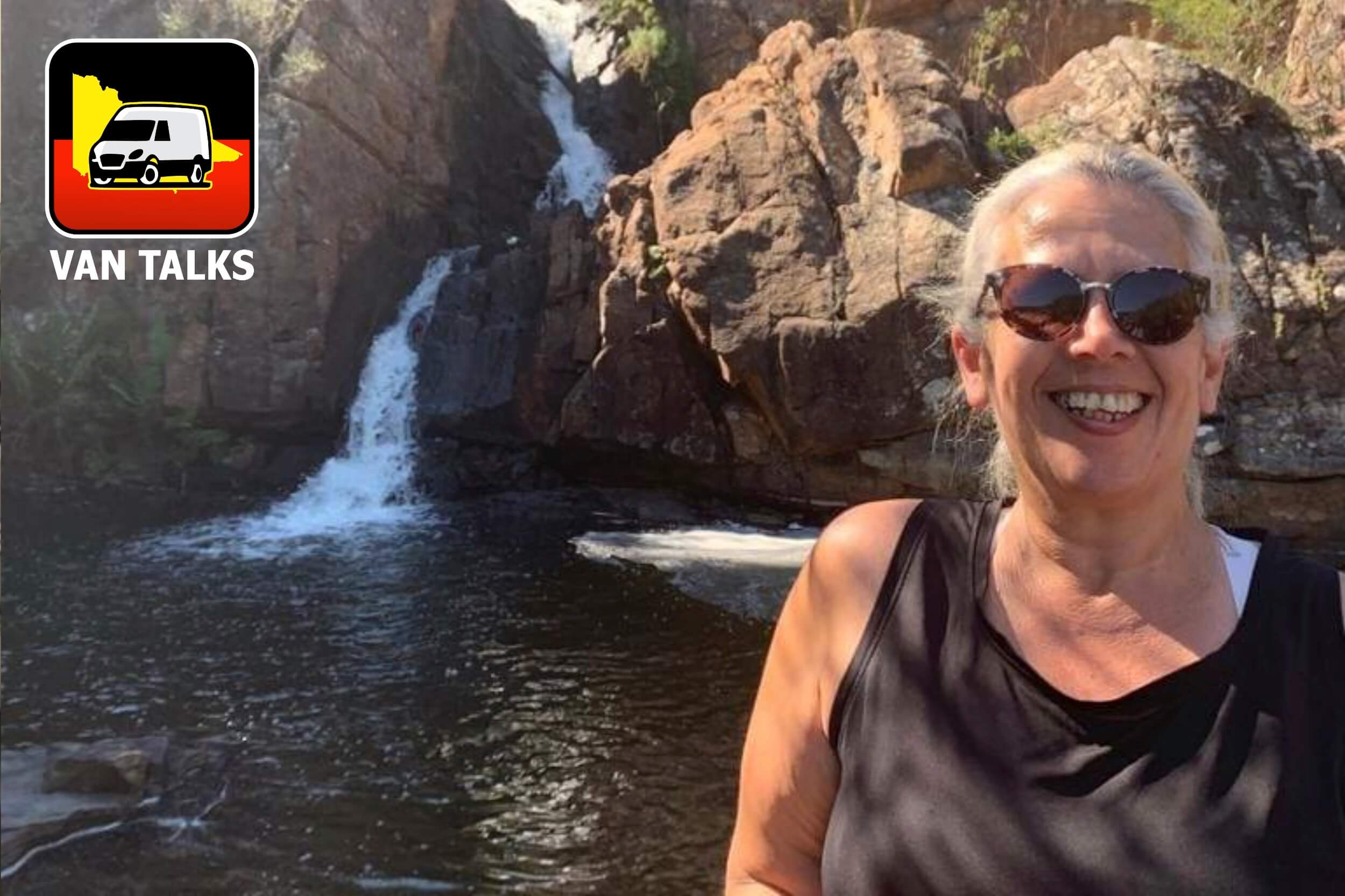
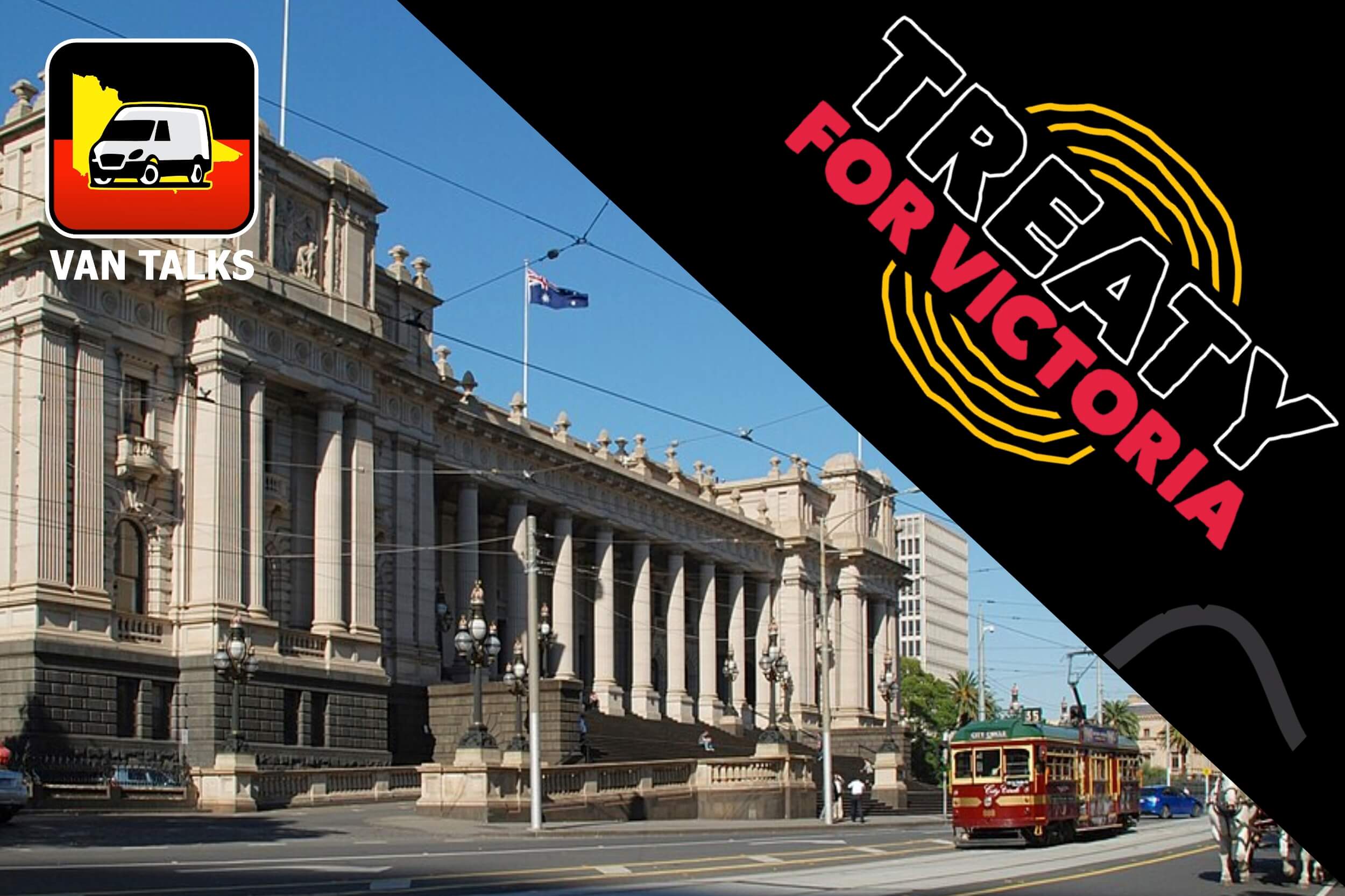
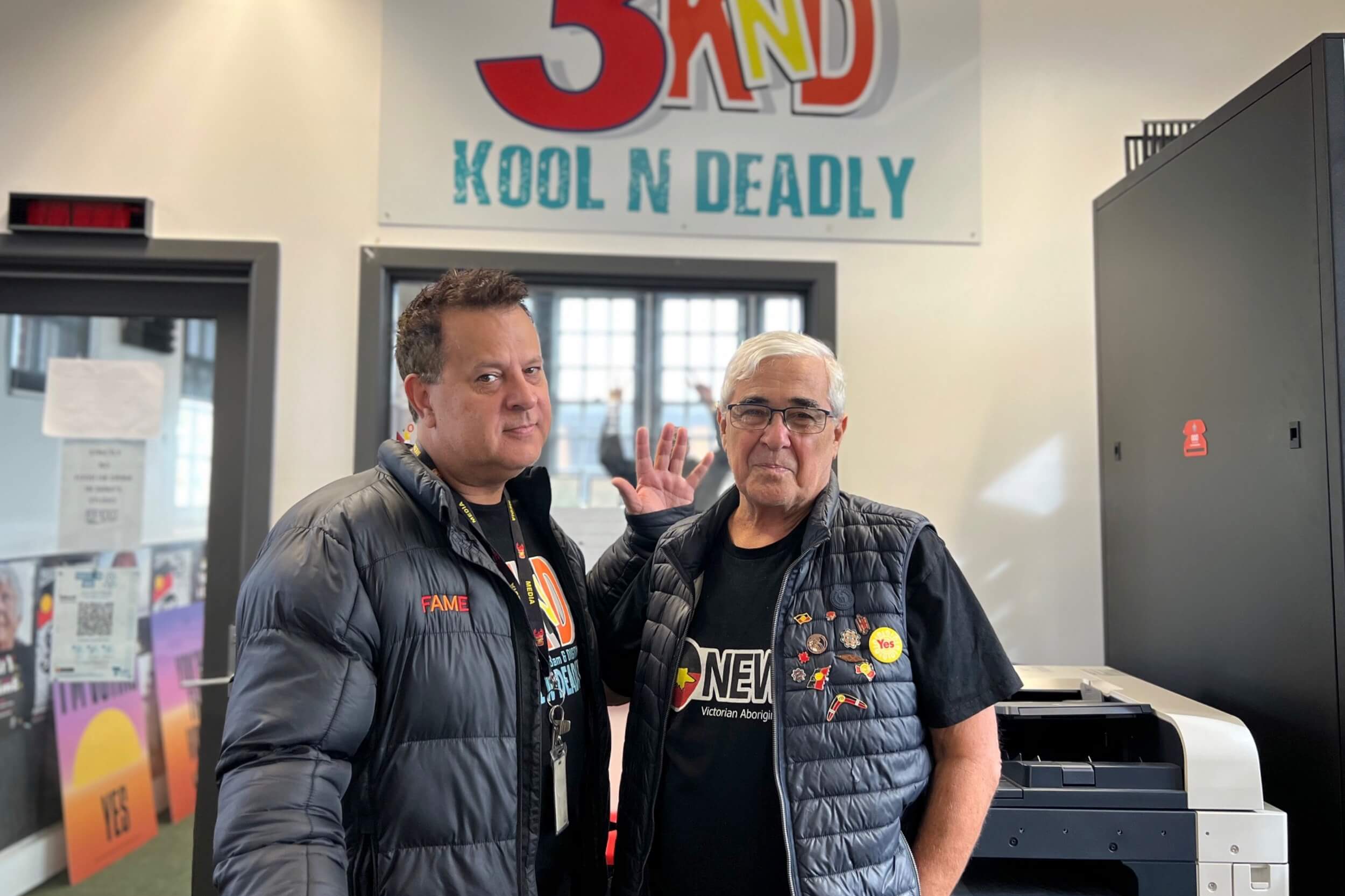
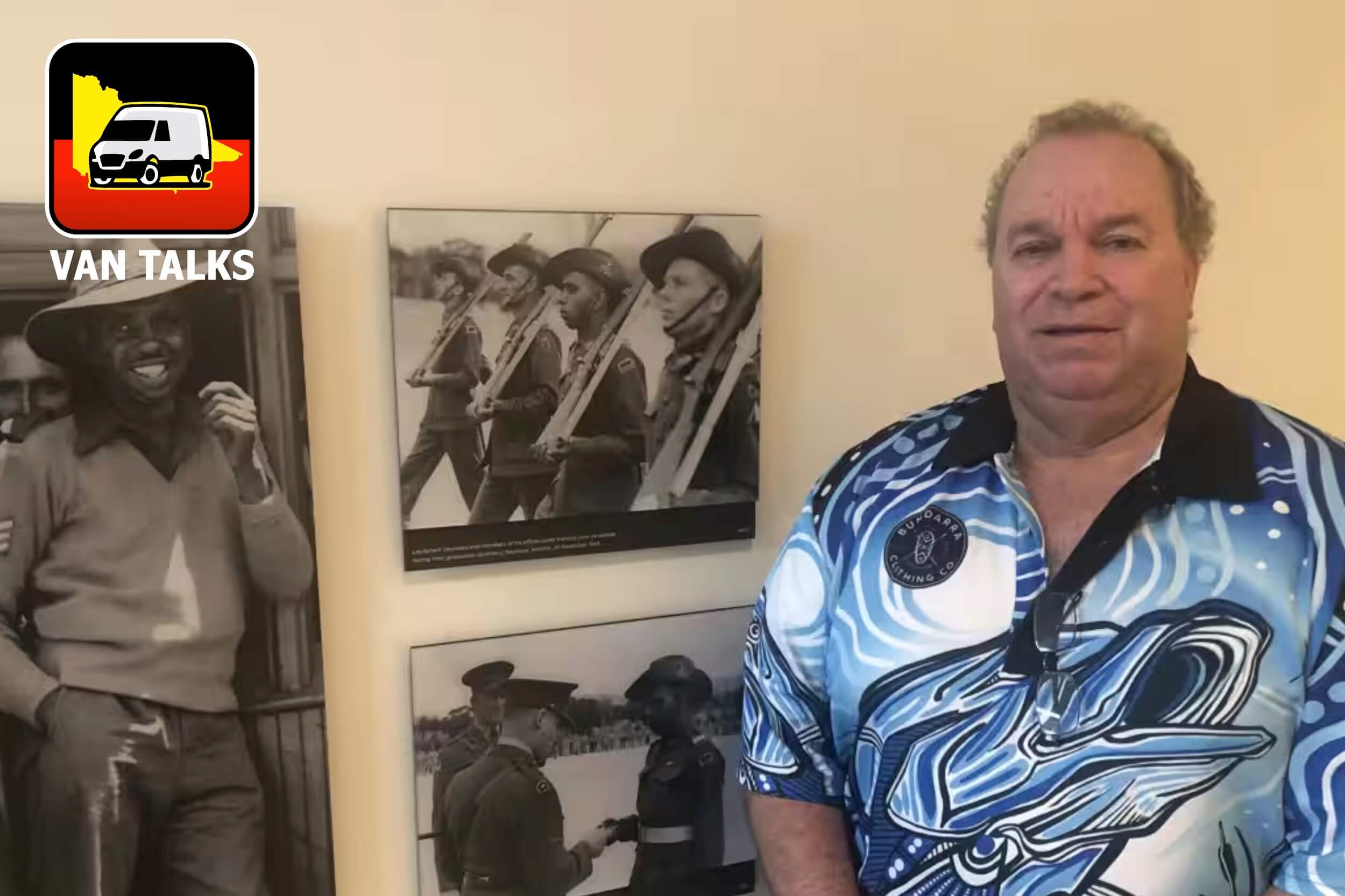

0 Comments